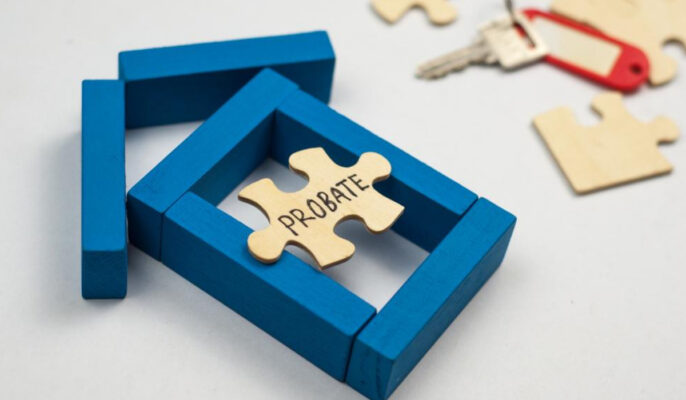Knowing what probate entails can help to alleviate your concerns about the procedure, which isn’t always as complicated as you would assume.

Probate is the legal procedure that a will must go through in order for its legality to be established before anything can be transferred to the beneficiaries. In the will, the testator, or the person who writes the will, appoints an executor whose responsibility it is to move the will through the probate procedure. Beneficiaries are those who inherit from a will.
Table of Contents
The processes involved in the probate process must be completed meticulously and in a certain sequence.
Step 1: Make a filing
After locating a will, the first stage in the probate procedure is to file a petition with the probate court asking that the will be probated. The probate petition requests that the executor be appointed legally to serve on behalf of the estate.
The petition’s filing must be communicated to all heirs and beneficiaries. This gives them the opportunity to oppose to the petition and dispute the will. In certain jurisdictions, a notice of the petition must also be published in a newspaper of record in order for possible creditors to be notified.
If there is no will, a petition for administration of the estate is filed, and a notice of administration must be served on all lawful heirs. The petitioner asks the court to designate them as the estate’s personal representative, a function comparable to that of executor.
Step 2: Determine Your Assets and Debts
Once the executor or personal representative has been appointed by the court, they must identify and declare all of the estate’s assets, as well as offer a value. Real estate, automobiles, investments, bank accounts, cash, personal property, intellectual property, and pets are examples of assets.
The executor is given legal authority over these assets. Assets held by a trust, such as a living trust, on the other hand, are not probate assets and are not dispersed by the probate court.
All known creditors must be notified of the estate procedure by the executor or personal representative. Creditors must submit their claims against the estate within a certain time window. Every known debt must be recognised and reported to the court.
Step 3: Pay Your Debts
The executor or personal representative must pay off all of the estate’s obligations using assets from the estate. In addition to pre-existing obligations such as loans, mortgages, utility bills, and credit cards, the estate must submit a final tax return and pay any taxes owed. Funeral costs must also be covered.
If the executor or personal representative does not have enough cash on hand to satisfy all creditors, the executor or personal representative might sell the estate’s assets to raise the monies required to pay off the obligations.
Step 4: Asset Distribution
Once all creditors have been paid, the executor or personal representative distributes the remaining assets in accordance with the testator’s desires if a will exists, or in accordance with state intestacy regulations if no will exists. For assets like real estate and cars, this may need official ownership transfers through deeds or titles.
If the will calls for the establishment of a trust, the executor must do so in accordance with the directions in the will. The court must receive a complete accounting of the estate, describing all assets and obligations as well as how the property was allocated.
Copy and paste this <iframe> into your site. It renders a lightweight card.
Preview loads from ?cta_embed=1 on this post.